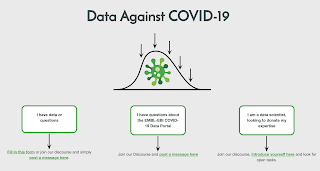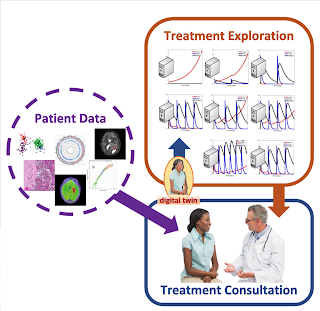Join the Brain Tumor Data Science Challenge
The Problem
Brain cancer is the tenth leading cause of death among both men and women. They are also the second most common cancer among children of age 0-14. Most of the time, we don't understand what caused a person's brain tumor but research has shown that factors such as age, family history, exposure to certain chemicals, radiation and certain viral infections may increase the risk of developing brain cancers. Successfully treating brain cancers can be very challenging due to the blood-brain barrier that keeps treatments out or the location of the tumor in the brain may prohibit surgery to avoid further complications. Malignant brain tumors such as Glioblastomas are treated with chemotherapy or radiation which prolong a patient's life only by a few months. Recently, many famous people including Senator John McCain and Vice President Joe Biden's son Beau Biden, who were diagnosed with this disease, and their families have tried to increase awareness and research funding for novel treatments for brain cancers. In memory of his son's fight against this disease, Biden launched the cancer moonshot program to promote data sharing and research to advance our understanding of the disease, diagnosis and treatments. While scientific research in understanding the biology of these tumors has helped improve survival of patients with these deadly tumors, further investigation is necessary to develop targeted therapies that can be personalized to a patient's genetics, clinical diagnosis and treatment history.Targeted therapies are promising
Targeted therapies, also called as molecularly targeted therapies are drugs that block specific molecules (called Biomarkers) on or inside the cancer cells and signals them to stop growing. These types of treatments have worked successfully in other cancer types, such as in breast cancers (drug Herceptin kills cancer cells by blocking a protein called Her2) and in lung cancers (drug Erlotinib blocks the action of a mutated protein called EGFR). Researchers are studying the effectiveness of targeted therapies in brain cancers and some are promising, for instance, the drug Bevacizumab that targets a protein called VEGF and another called drug Everolimus which targets the mTOR protein in brain tumor cells. More such biomarkers must be identified and validated to allow for modern clinical trails to be designed based on matching molecular features of tumors to targeted therapeutics. The National Cancer Institute's Glioma Molecular Diagnostic Initiative is one of many efforts in this direction. Biomarker-driven targeted therapies offer a major opportunity in helping treat brain tumors.A Call to Action
Are you a data scientist or training to be one? Here is your chance to make a difference by helping
identify novel biomarkers for brain tumors. Georgetown's Lombardi Comprehensive Cancer Center, Innovation Center for Biomedical Informatics and the the FDA have partnered to bring you this PrecisionFDA challenge to develop machine learning based models to identify biomarkers that predict overall survival in patients using clinical and laboratory datasets. The challenge details and the dataset can be found here; you can submit your biomarker predictive models in response to this challenge until February 1, 2020. New to machine learning? There are many free/online resources that can get you started such as this and this. Think biomedical big data is complicated? Start here with our free edX course on this topic.
Join us in applying the best data science in the fight against cancer. We look forward to your submissions to this data challenge!
 |
| https://precision.fda.gov/challenges/8 |
Join us in applying the best data science in the fight against cancer. We look forward to your submissions to this data challenge!



Comments
Post a Comment